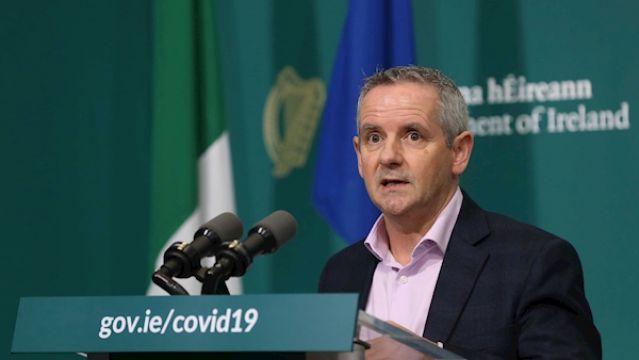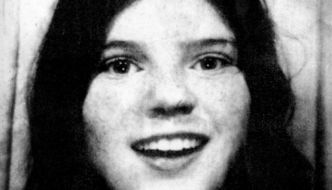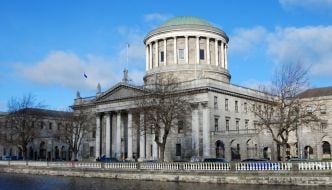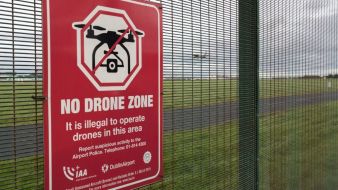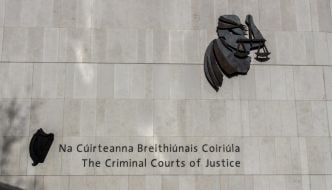Local spikes in coronavirus infections followed by a targeted response is the “new reality” in Ireland, the Oireachtas Covid-19 committee has been told.
Giving evidence to the committee, HSE chief executive Paul Reid said that while there had been a focus on a second surge, “the reality is that what we are seeing in the country right now is probably what we are going to be living with for the future with this virus.”
“We are going to see significant peaks, and, we hope, significant troughs very soon and those changes may not always be national,” Mr Reid told the Green Party’s Steven Matthews.
“That is the new reality for us in terms of living with this virus and the transmission we have seen to date.”
Mr Reid also said the elimination of the disease from Ireland is not realistic and that the health service faces “a very difficult period” ahead.
He said over 750,000 Covid-19 tests have taken place in the State to date – with 5,000 contact tracing calls made last week.
Mr Reid said: “In an ideal world, the elimination of the virus would make our work somewhat more straightforward.
“However, this isn’t our reality. We must live with this virus in a very new way and this requires a carefully balanced approach.
“The health services need a functioning economy and society.
“Shutting down the economy and society has implications for our health services.”
Schools reopening
In evidence to the committee, HSE chief clinical officer Dr Colm Henry said inevitable cases and outbreaks of Covid-19 in schools is a “price we must pay” in order to reopen the education sector.
He said that international evidence shows that child-to-child transmission in a school setting “is relatively uncommon”.
Dr Henry said that when a coronavirus case is confirmed in a school, a risk assessment approach will be taken.
Acting chief medical officer Dr Ronan Glynn told the committee that children spreading Covid-19 to other children in schools is “relatively uncommon” and that schools are not a “key driver” of community transmission.
Data from the Department of Health shows that fewer than 3 per cent of children under 14 years have been diagnosed with Covid, and of those 42 children have been hospitalised.
Kildare restrictions
Dr Glynn also told the committee that if local restrictions in Co Kildare can be lifted earlier than planned, they will be.
He said the situation in Kildare had improved in recent days, with five cases confirmed in the county on Tuesday.
The committee heard that the National Public Health Emergency Team (NPHET) wants one set of measures for the entire country, with the lockdown in Kildare due to expire on September 6th.
Dr Glynn said: "We're fully cognizant of the impact of these measures. What we really want to do is get Kildare back realigned with the rest of the country so we have one set of measures for the country as a whole, with one set of messages that everyone can adhere to nationally, with a common set of aims and objectives."
Minister for Health Stephen Donnelly said the local lockdown in Kildare, Laois and Offaly had “without a doubt” saved lives and signalled that further localised measures will be used to fight Covid-19 in Ireland.
“Thanks to the amazing efforts of the people of Kildare, Laois and Offaly [KLO], we know that localised measures can work, and it is without a doubt that the people of KLO have saved a lot of lives,” he told the committee.
“They’ve saved lives in their own community and by helping suppress the spread of the virus around the country, they’ve saved lives all over the country.”
He said that measures which avoid lockdown by “seeking out and minimising” situations where the virus spreads “are what we want to use”.
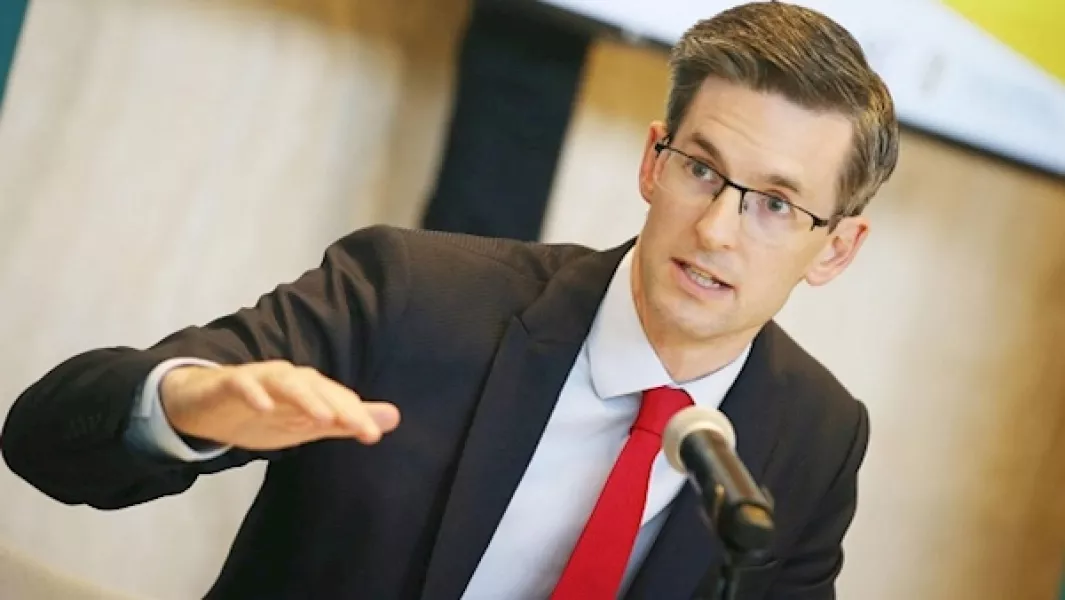
Mr Reid's opening statement compared the number of Covid-19 cases in the past two weeks, 1,269, with the first two weeks of July, 264.
Ireland had its highest weekly number of coronavirus tests since April last week, with 55,000 conducted across the country. Mr Reid said a similar number of tests will be carried out this week.
This is the highest since the week in April in which 60,000 tests were conducted.
Mr Reid said criteria for the assessment of meat plants, for closing down and reopening, had been established. Similar protocol has also been established for schools.
By August 22nd, Public Health Teams had responded to a total of 2,580 outbreaks since the onset of the pandemic.
On hospitals, Mr Reid said: "While there has been an increase in the transmission of Covid-19, the indications are that our hospitals have not, as yet, been confronted with a similar increase in admissions."
There are currently 22 patients in Irish hospitals due to Covid-19, six are in ICU and three are currently ventilated.
"This lower rate of admission may be attributable to the lower age profile of patients that has characterised the resurgence in the disease over the past months," Mr Reid added. "There is no room for complacency, however, and we have plans in place to deal with a surge in hospitalisations."
Health advice
Meanwhile, new Economic and Social Research Institute (ESRI) research has revealed that over 70 per cent of people believe that someone who contracts Covid-19 has been careless or reckless in following public health advice.
The ESRI survey found that the majority of people hold negative views about those who test positive for the coronavirus.
